How does caffeine show its alarming effect? Commentary on animation

Many people who drink coffee in the drowsiness are aiming for the effect of "caffeine" contained in coffee, but how is unity caffeine exerting an alarming effect? What will happen if you drink too much? TED-Ed explains in the animation movie.
How does caffeine keep us awake? - Hanan Qasim - YouTube
The amount of caffeine consumed worldwide in one year is 100,000 tons.
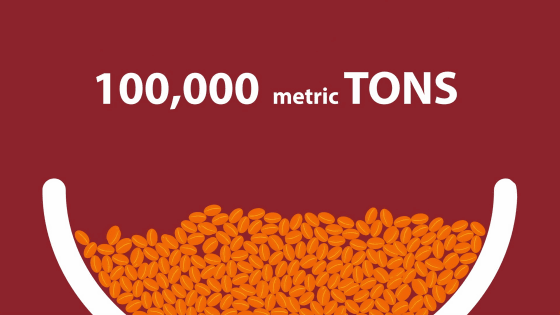
This is comparable to the 14 Eiffel Tower.

Most of the caffeine is ingested from coffee or tea.
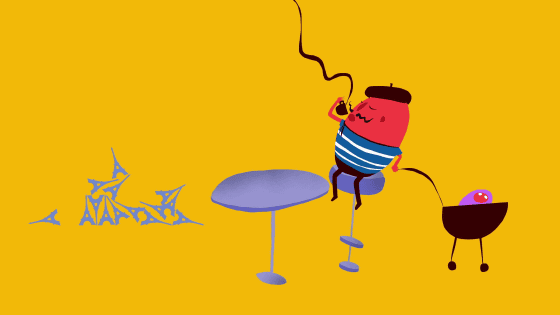
However, caffeine is also included in soda, chocolate, caffeine pill, and decafé drink.
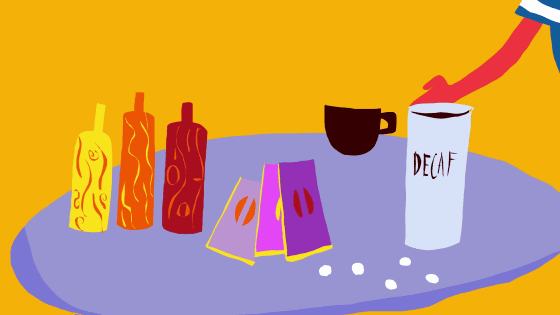
If you take caffeine, you will be more careful, concentrate, be happy and energetic.

Even in the state of sleep deprivation, it exerts its effect. And it raises heart rate and blood pressure, it also makes me feel uneasy.

Caffeine may be said to be the most widely used drug in the world. So, how does caffeine go to sleepiness?

Caffeine is extracted from plants, but it has several objectives.

Hyde's caffeine found from some leaves and seeds ......

I have a role as a poison to kill insects.

On the other hand, caffeine contained in flower nectar ... ...

It plays a role of returning insects many times to flowers.

Caffeine brings the effect of stimulating the nervous system in the human body.
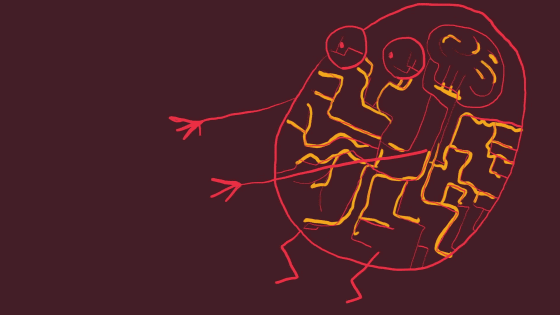
And, caffeine wakes you drowsiness by interfering with the work of substances that are key to drowsiness.

that isAdenosineIt is a substance called.

The human body demands energy,ATPWe obtain energy by decomposing the substance called so.
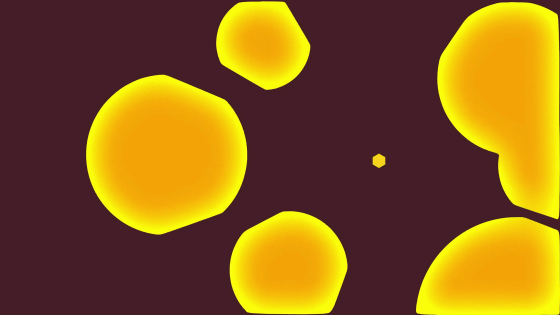
Adenosine is released by ATP.

Brain neurons have "receptors" that perfectly match adenosine.
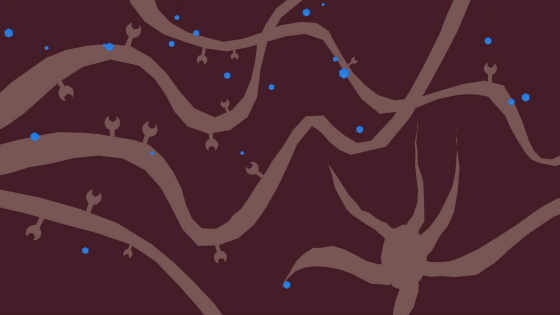
When adenosine coalesces into the receptor ... ...
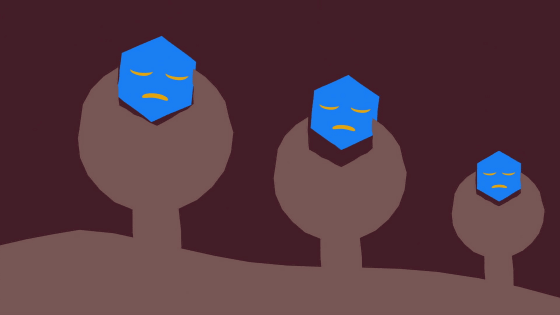
Biochemical reaction occurs.
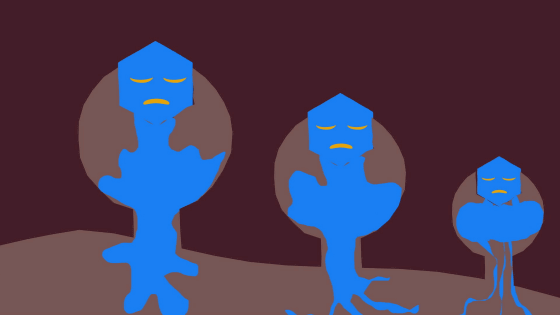
This inactivates the neuron. And, it inhibits the release of substances that play an important role in signal transmission in the brain.

This makes drowsiness happen.
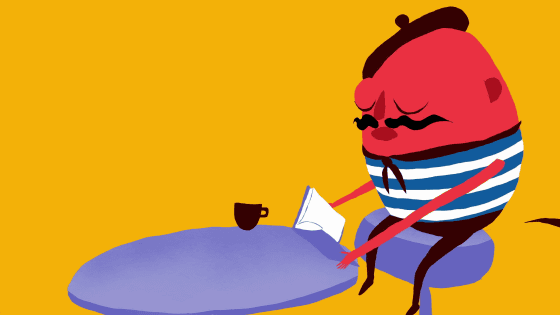
On the other hand, caffeine has "adenosine antagonism (inhibitory) action".

Caffeine interferes with adenosine coalescing with the receptor.

Actually, caffeine and adenosine have similar molecular structures.
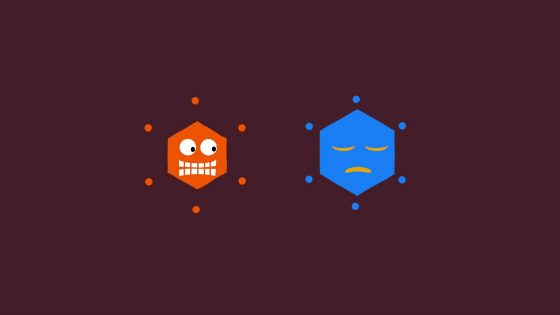
Therefore, instead of adenosine, it is even possible for caffeine to coalesce further to the receptor.

In summary, the work of adenosine on neurons ... ...

Caffeine is to disturb you.
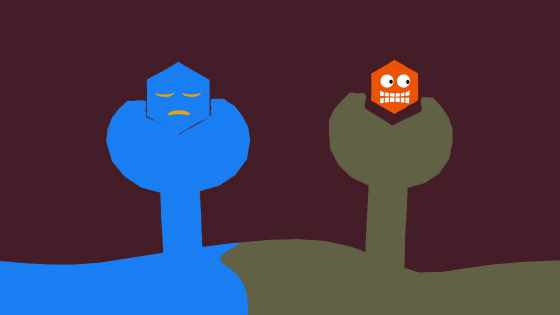
Caffeine makes sure that sleepiness does not occur.

Some neurons,DopamineIt is also related to the receptor of substances called.
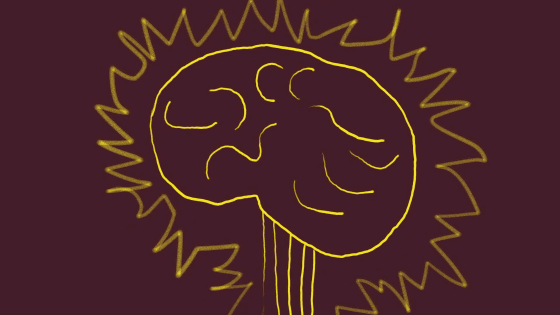
Certain dopamine will encourage the brain to overcome tension.

Tension can be relieved by dopamine and it can be a cheerful mood.

As adenosine coalesces with the receptor, dopamine becomes less likely to coalesce with the receptor.

In contrast, caffeine that can coalesce with the adenosine receptor does not inhibit the coalescence of dopamine, even if it coalesces. Therefore, dopamine can be combined with the receptor, so taking caffeine will make you feel better.

It is also known that ingesting caffeine over a long period of time has the effect of lowering the risk of suffering from diseases such as Parkinson's disease, Alzheimer's disease and certain cancers.
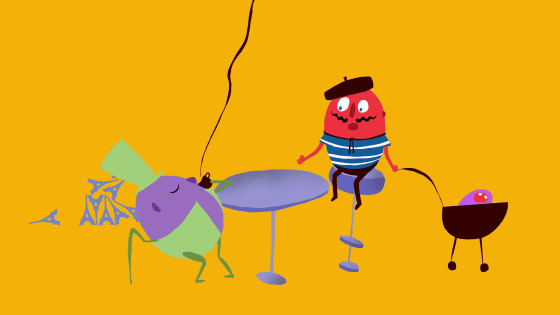
In addition, we know that caffeine helps the function of burning fat in the body.

Indeed, taking some caffeine in some sports is thought to increase athletic ability and give unfair advantage to athletes. Therefore, there is regulation on intake of caffeine.
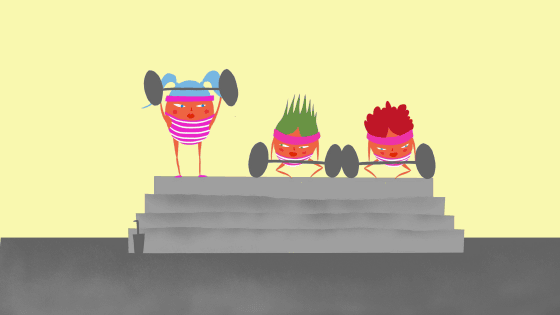
Between 1972 and 2004, Olympic participants were obliged to keep blood caffeine concentration low.
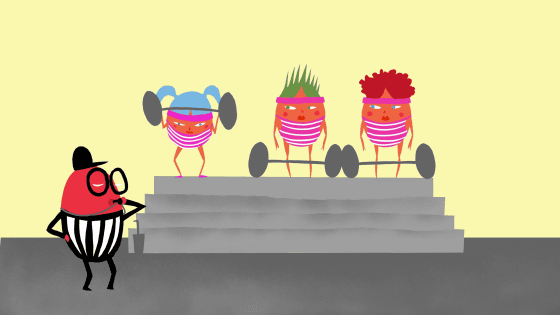
Of course, caffeine is not all good effects for the body.
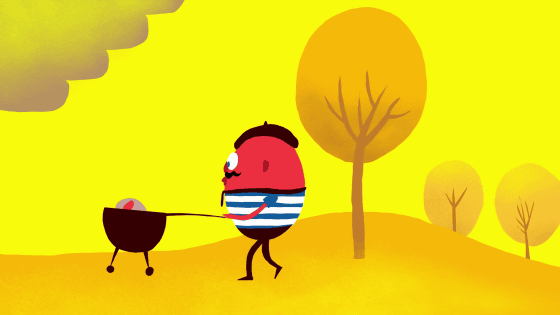
At the same time as concentration increases, heart rate increases and blood pressure rises.

It also causes diuresis and diarrhea and insomnia.
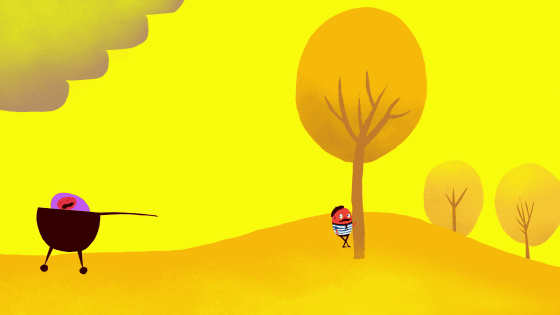
When caffeine is taken on a daily basis, the brain adapts to that condition.

As adenosine receptors become occupied by caffeine, new adenosine receptors appear and merge with adenosine. Thus, adenosine produces effects even when it is full of caffeine, trying to rest the brain.
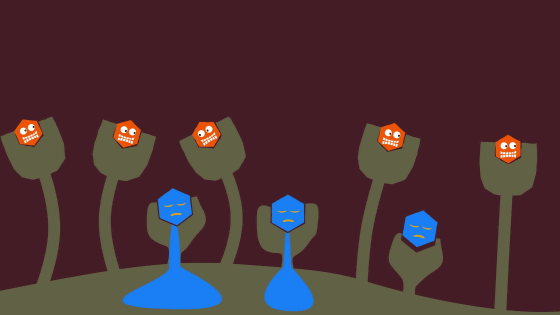
So, to awaken sleepiness, it leads to the behavior of further increasing the intake of caffeine.
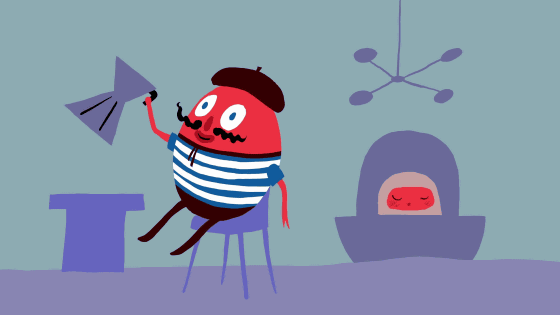
If you cease taking caffeine suddenly, you may feel uncomfortable and obstinate because there is nothing to inhibit adenosine.
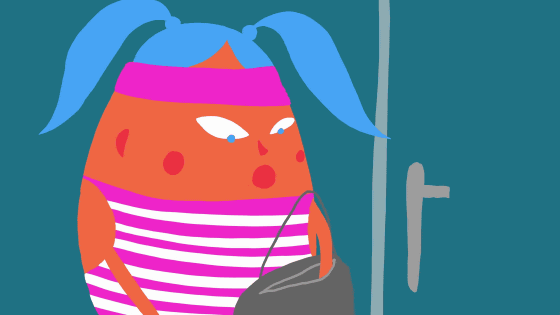
And it causes headache, malaise, depressed mood.
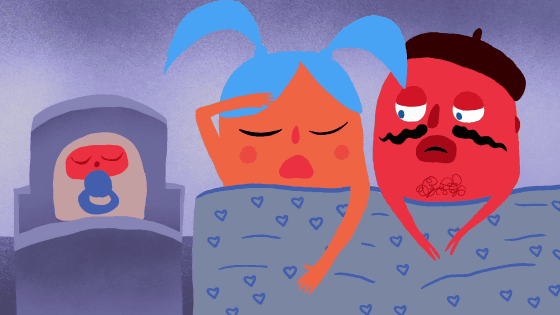
However, after a couple of days the extra adenosine receptor disappears.

As the body is reset, the alarm clock effect of caffeine will be restored as in the past.
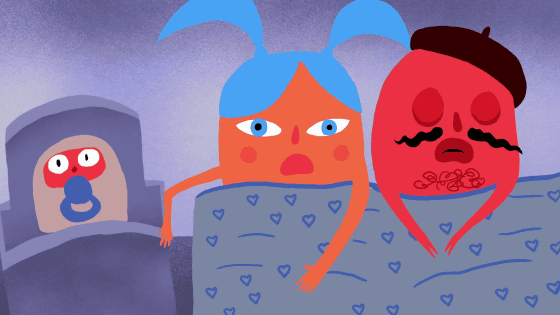
Related Posts:







